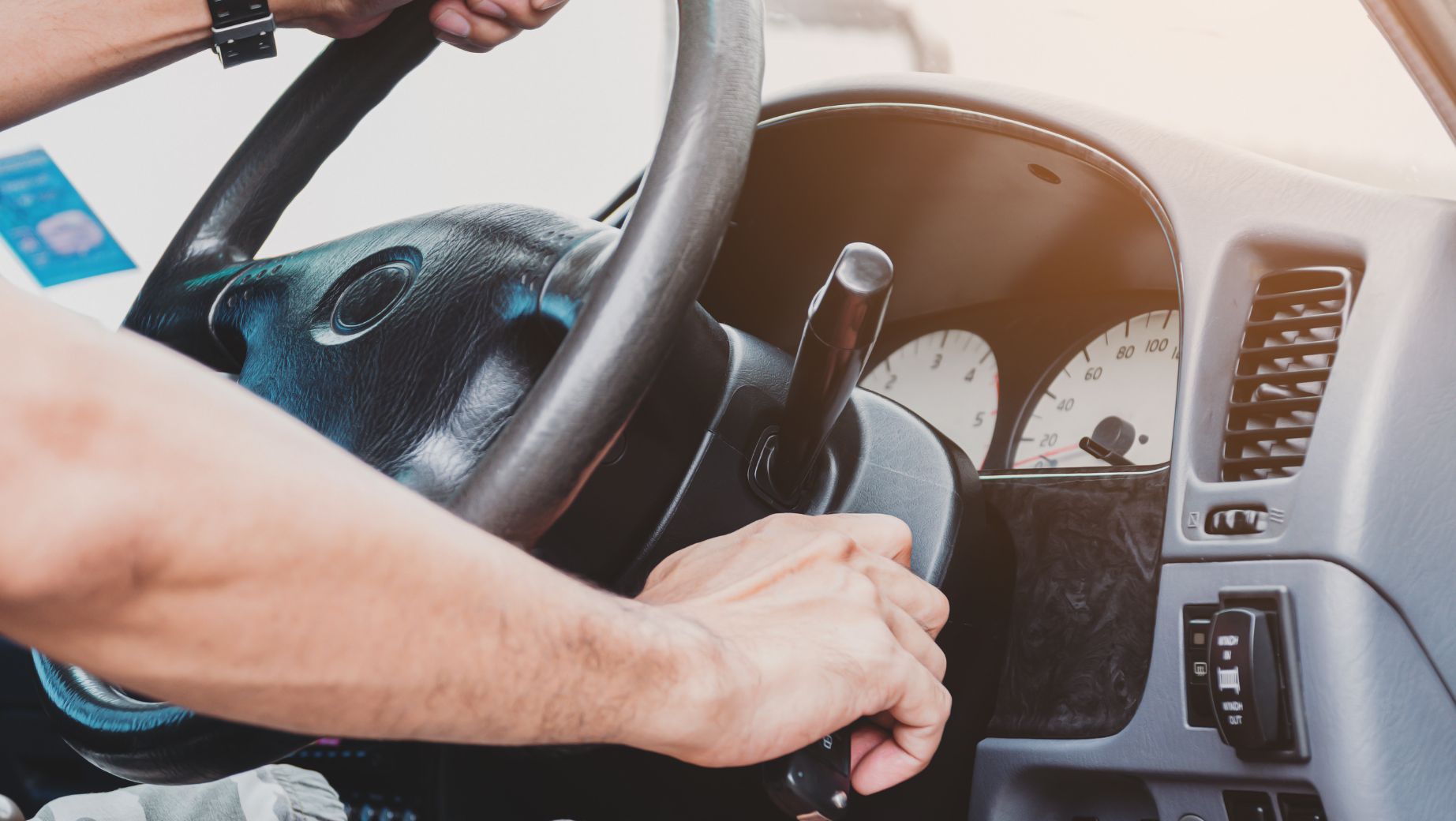
The following is one of the unwritten laws of the world: A car always fails to start when it is particularly unfavorable and usually without a clue as to the cause. At least that’s how it seems. Regardless of whether you’re going shopping, on vacation, or to the dentist, if nothing happens when you turn the key, you’re left looking stupid. The only thing to do is to wait for the mechanics while enjoying the latest Slotsgem login.
Unless you’ve read this article or have it to hand at that very moment. Here you can find out the most common reasons why your faithful companion suddenly lets you down.
1. Flat Car Battery
A weak or flat battery is one of the most common causes of a false start. The good news is that this problem is also fairly easy to trace and rectify. This is because power guzzlers that continue to draw energy after the engine has been switched off are primarily responsible for your vehicle not starting.
How do I recognize the problem?
The classic case: you accidentally leave the lights on in the car in the evening, and nothing happens the next morning. The car battery is flat. And now what? More good news: a flat car battery is not always defective. It is often enough for someone to jump-start your car and then go for a 30 to 60-minute recharge. If nothing works at all, you can check whether you can tow the car yourself.
However, if the car keeps ringing for a long time before it finally starts (or not), this indicates a faulty/too old battery.
Solution
To prevent this from happening to you in the first place, you should test the car battery regularly – this way, you can quickly see if the battery is already weak.
In general, car batteries have a service life of five to eight years. Corroded battery terminals or a battery that keeps discharging can also be an indication of a battery defect. You can either check your battery yourself (for example, with a battery tester) or have your battery tested to find out whether you need a new battery or whether it is enough to clean it once, for example. The car may also sometimes fail to start in cold weather.
2. Defective Alternator
The alternator is connected to the battery and is the second most common reason for the car not starting. As a generator, the alternator has the task of permanently supplying the battery with electricity. All systems that require power draw from here. In contrast to older cars, modern cars are equipped with many technologies that require energy from the battery, such as assistance systems or infotainment systems.
This means that the alternator has to do more than before and poses a real problem if it is faulty. Because then the battery does not get enough power. At the same time, however, all systems continue to draw power from the battery, which is why it will be empty in a short time. And, as you have already read here, this is one reason why the car won’t start.
How do I recognize the problem?
A defective alternator (also known as an alternator) can be recognized by various signs. You will often see a charge indicator light flashing, you have difficulty starting, or the lights are dim.
Solution
It is good to know that problems with the alternator can usually be rectified quickly. In most cases, it is a defective drive belt, which you can even change yourself with a little skill.
However, it may just be a broken cable. You can find out with the help of a tension meter.
3. No Engine Starting Noises: Loose Cables
The car won’t start? Who doesn’t pay rent but eats through cables in the car? That’s right, the marten. These animals are often the culprits when cars can no longer start due to loose or chewed cables. A cable problem can usually be fixed faster than it can be found and is therefore always a hassle. But a marten is not always to blame when a cable is loose or damaged. Here is an overview of possible causes:
– Marten damage
– Vehicle is getting on in years
– Water damage
– Possible damage due to repairs
– Corrosion
How do I recognize the problem?
If you suspect loose cables to be the problem, first check the battery and make sure that all cables are firmly connected. Also, look for the causes mentioned above; you will usually find the problem relatively quickly.
Solution
Immediate action tip: If, for example, the ignition cable is defective, good old insulating tape can help. But even if the car then starts, you should check the engine compartment for further damage/loose cables.





